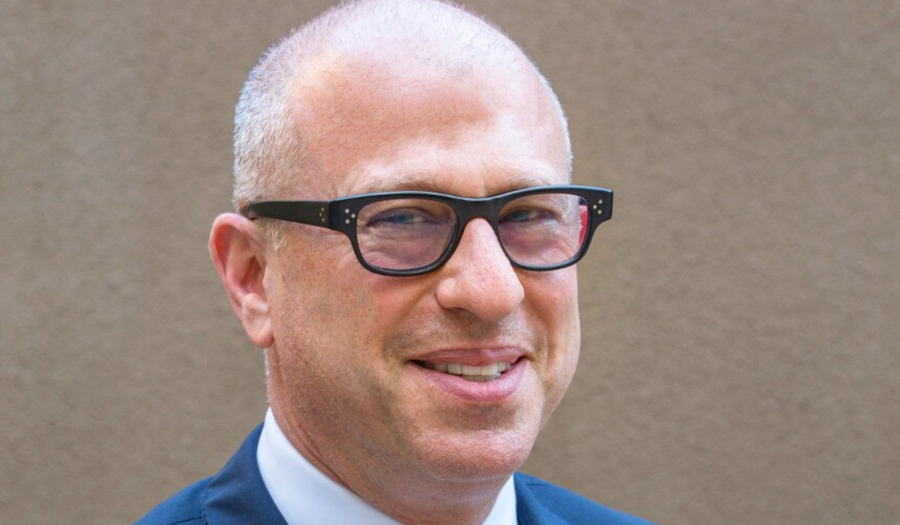Life by Wandering Around

Wandering is not generally thought of as a good thing. We equate it with aimlessness, confusion, stupidity even; if you are wandering, then you must be lost. Under normal circumstances, most of us spend about thirty percent of our waking moments with our minds wandering away from the task at hand. During these pandemic weeks, months, and maybe years ahead, a lot of us feel like we are wandering an unknown landscape pretty much all the time. Some of us see this as a weakness. We ought to be focused, at work in front of endless zooms, improving ourselves with new skills, languages, recipes, thighs, butts and abs. Freud labeled mind wandering infantile and neurotic. Psychology textbooks warned it could lead to psychosis.
Personally, I love wandering, especially in the desert. I love the intense, thick silence that heightens the sound of a single bird calling from far away. I love the searing heat and rocky paths that force me to take slow, deliberate steps, pause and pay attention. I crave solitude and the peace I feel hiking into a cluster of boulders knowing that no one else in the entire world knows exactly where I am at that moment. I marvel at the eons required to uncover boulders from beneath the earth and round their edges with the wind; reminders of just how brief is the span of years given to even the most fortunate. We are all—impermanent. Those boulders, all that sand, the essentialism of the landscape—muted browns, sages and grays—makes me feel small in comparison to the vast eternality and greatness of creation. Mostly, I love the thoughts that arrive unexpectedly; often solving a riddle in my life that I could not otherwise find my way out of.
Of course, the desert is dangerous too—rattle snakes, scorpions, dehydration, heat stroke, hypothermia, the risk of a fall and a broken bone far from the car. Much like carelessness in the face of a deadly new virus, the desert punishes arrogance and haste; demanding that we approach each step with heightened respect. Maybe that’s why Moses was commanded to remove his shoes when he encountered God in the desert. Only slowly, painfully, thoughtfully—may you stand before the One.
There is an entire book of the Bible called “In the Wilderness,” and much of it describes the ancient Hebrews wandering through the Sinai desert to the Promised Land. Those forty years of wandering transformed them from a group of disparate tribes and individuals with the mentality of slaves, into a people with a common destiny. In that sense, those years were not so much a wandering as a journey through lessons that could only be learned with slow, deliberate steps and great humility in the face of beauty and danger.
In actuality, many of history’s most important ideas and discoveries have been the result of wandering in the psychological and physical unknown. Einstein claimed his most important insights arrived unexpectedly when he was supposed to be thinking about something entirely different. When Columbus led his ships out of the Spanish port of Palos on August 3, 1492 his objective was to sail west until he reached Asia (the Indies) where the riches of gold, pearls and spice awaited. Instead, he wandered off course and wound up discovering America. There is even a highly effective business practice called Management by Wandering Around, or MBWA. It involves wandering through the divisions of your company with no agenda in mind at all other than simply to be present. MBWA apparently helped William Hewlett and David Packard build a business empire.
Like everyone, I have moments of great anxiety in the midst of this pandemic. I sometimes cannot see a path forward for my millennial children, for my congregation, or for our divided nation and world. I often project confidence, but I know I am mostly making it up as I go. From my conversations with other religious leaders, mayors, scientists, journalists, pundits and my own family dinner table, pretty much everyone seems to feel the same way a lot of the time. When that panic and pessimism set in, I work hard to remember that wandering is not the same as being lost. Far from it. It is LBWA—Life by Wandering Around; the rarest of opportunities to summon our humility in the face of danger; to journey as if barefoot and alone in the desert—slowly, deliberately, and sometimes mindlessly through the beautiful and the harsh on our way to the Promised Land…
This essay was featured in the August 2nd edition of The Sunday Paper. The Sunday Paper inspires hearts and minds to rise above the noise. To get The Sunday Paper delivered to your inbox each Sunday morning for free, click here to subscribe.


